Inspired by his baby son’s time in hospital, photographer Reiner Riedler was compelled to pay tribute to remarkable medical technology and engineering that we rely on to keep us healthy and moving.
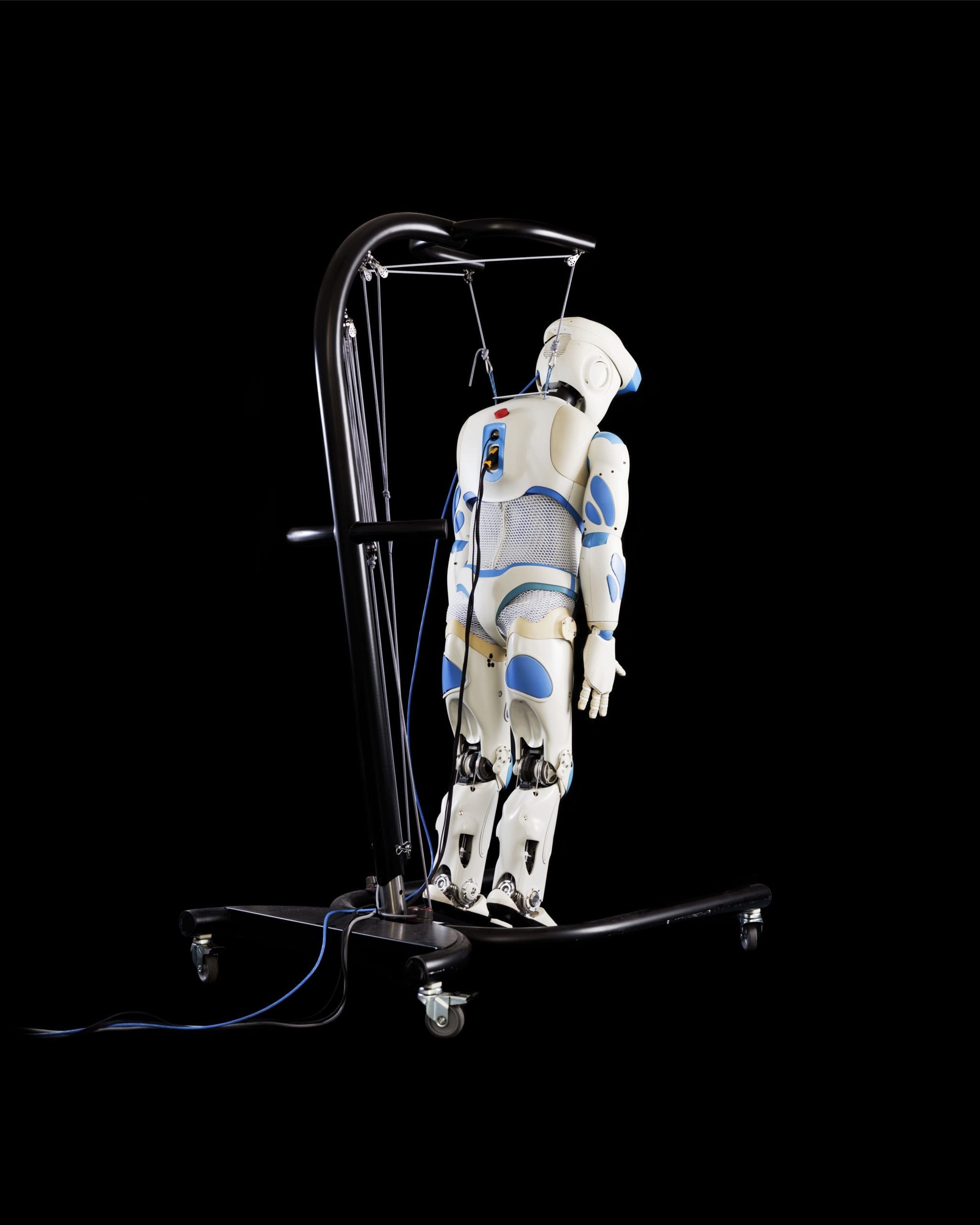

Inspired by his baby son’s time in hospital, photographer Reiner Riedler was compelled to pay tribute to remarkable medical technology and engineering that we rely on to keep us healthy and moving.
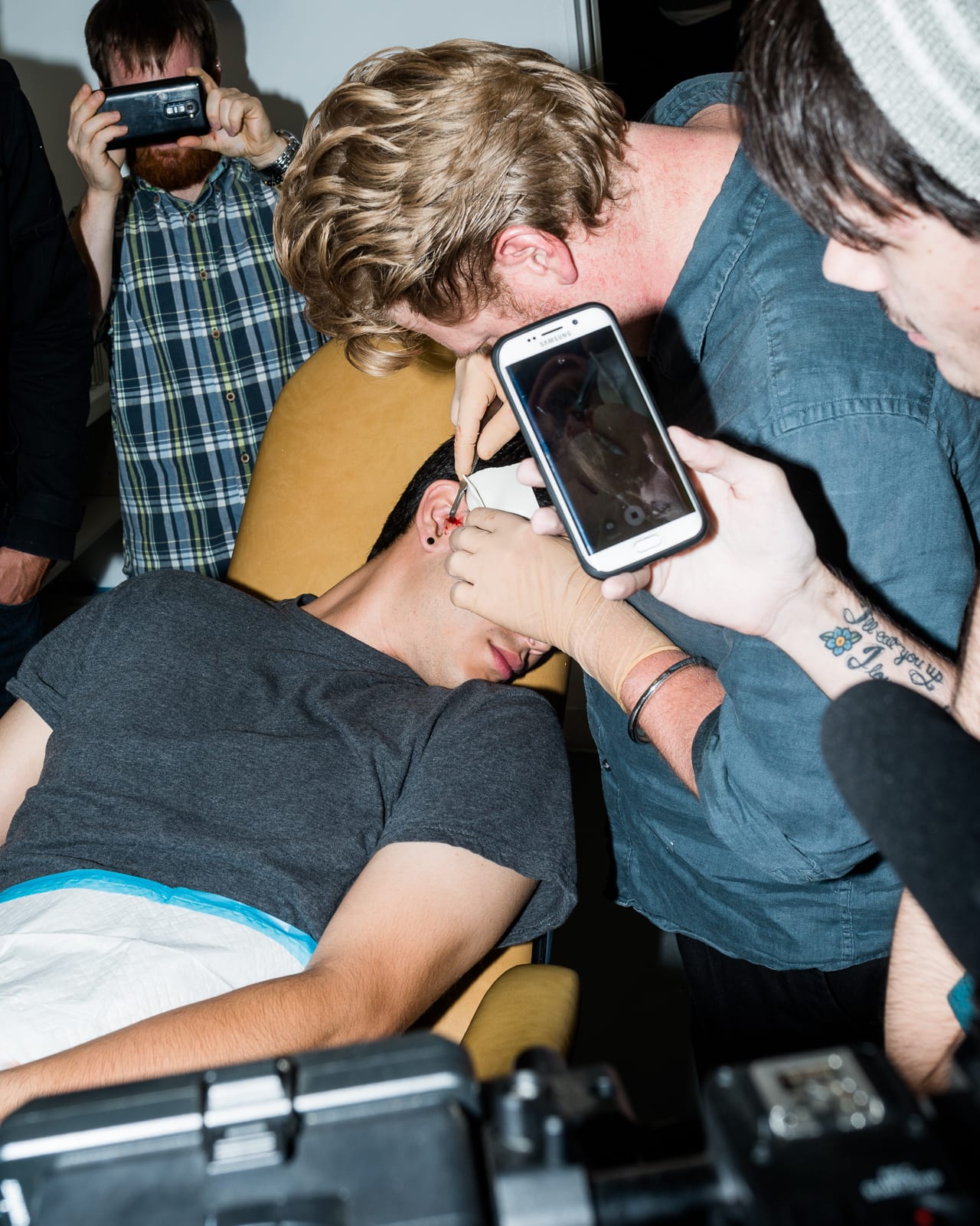
Grinders, which was nominated as a runner-up in this year’s British Journal of Photography Breakthrough Awards, focuses on a community of body hackers who undergo operations to add technology into their body. Like something out of a sci-fi novel, the group hope that slicing their bodies open will enable them to solve mankind’s problems through machine. The combination of man and machine is no longer futuristic fiction.
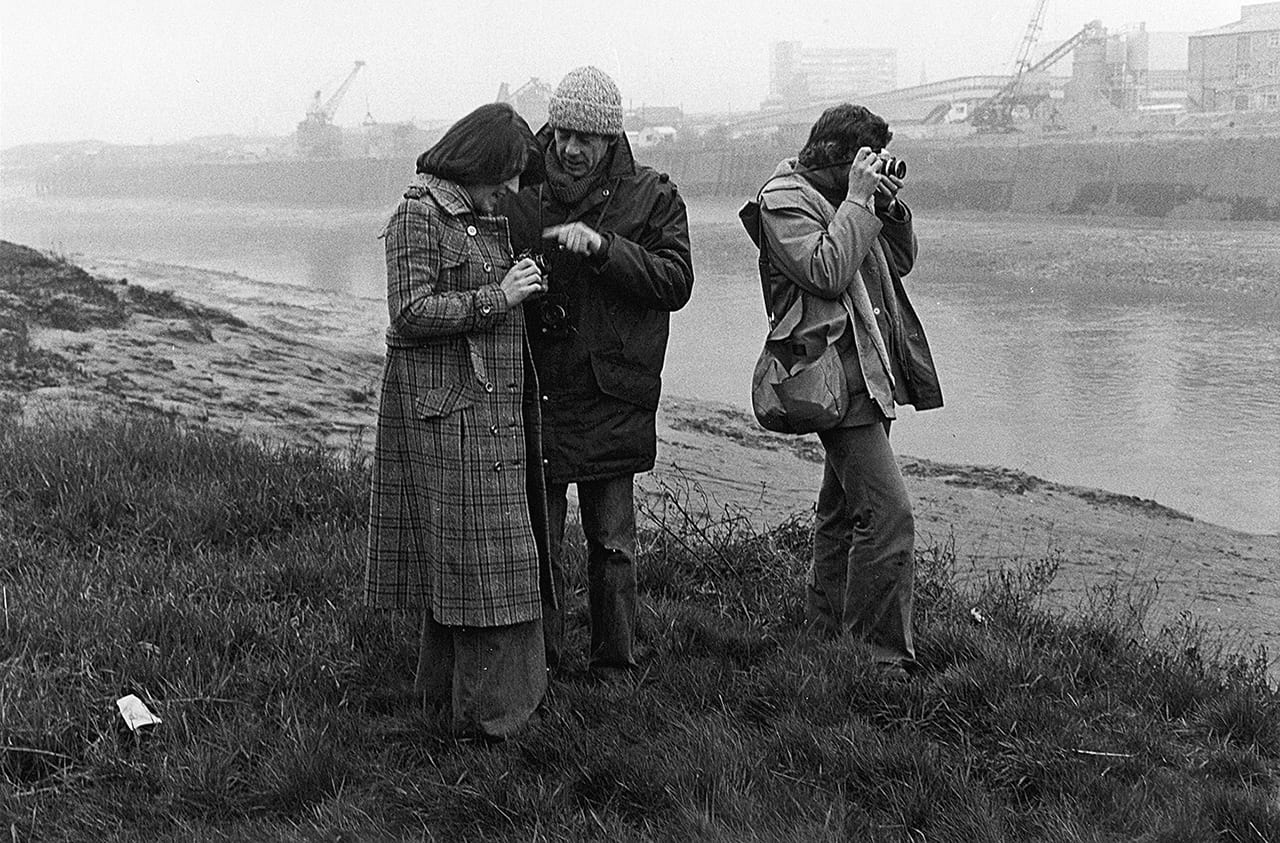
For over four decades, the documentary photography course has forged a reputation as one of the UK’s leading photography teaching destinations. In fact, the very first photography class can be dated back even further to 1912, when it was introduced by the head of the school of art at Newport Technical Institute. The course, however, was set up in 1973 by Magnum photographer David Hurn as a 12-month Training Opportunities Scheme to ‘re-skill’ miners and steelworkers.
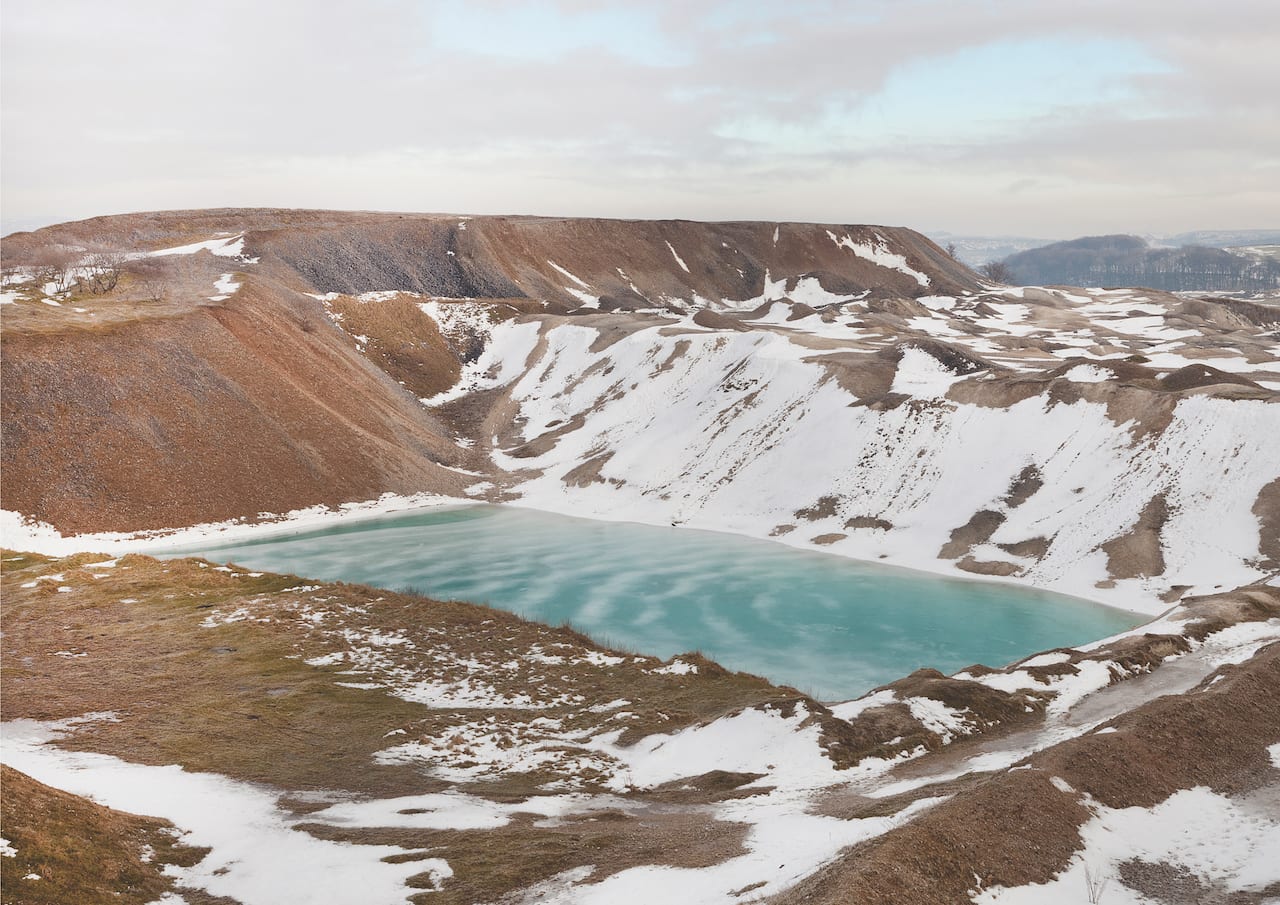
In 1942, the Ministry of Defence launched Operation Vegetarian, a series of experiments which released lethal Anthrax bombs against cattle on Gruinard Island. The weapons were more successful than even the Ministry of Defence had anticipated and the island was declared a no-go zone for decades. This is not a unique story: Dara McGrath’s photoseries Project Cleansweep investigates over 60 sites around the UK which have been used by the MoD for the testing of biological and chemical weapons throughout the 20th century.
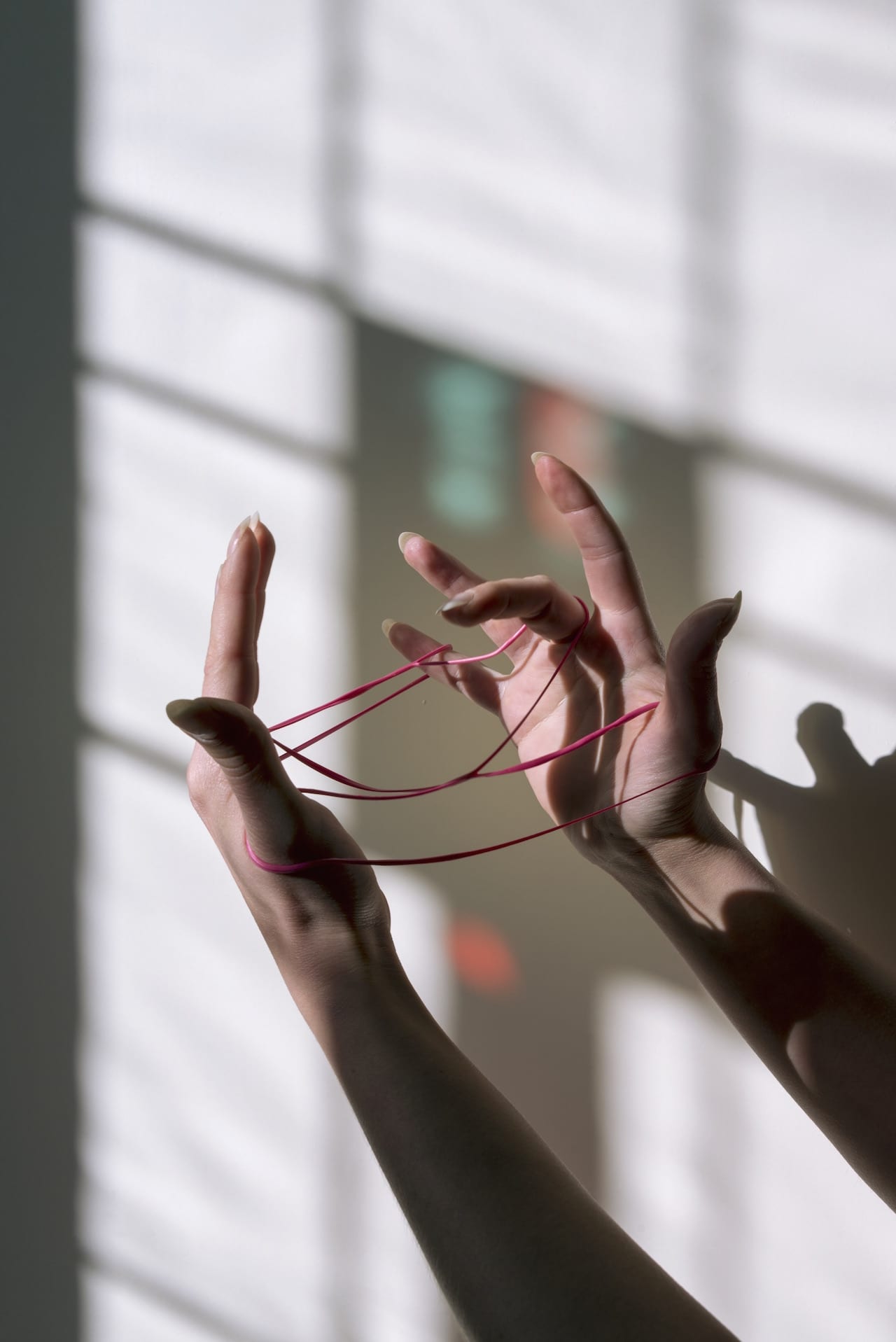
In the Middle Ages, it was widely believed that pandemics, such as plague and cholera, were caused by breathing in impure air, poisoned by decaying matter. Now, Polish-born Gosia Cwiech has decided to resuscitate the obsolete hypothesis in a series which explores the contemporary, post-truth framework.
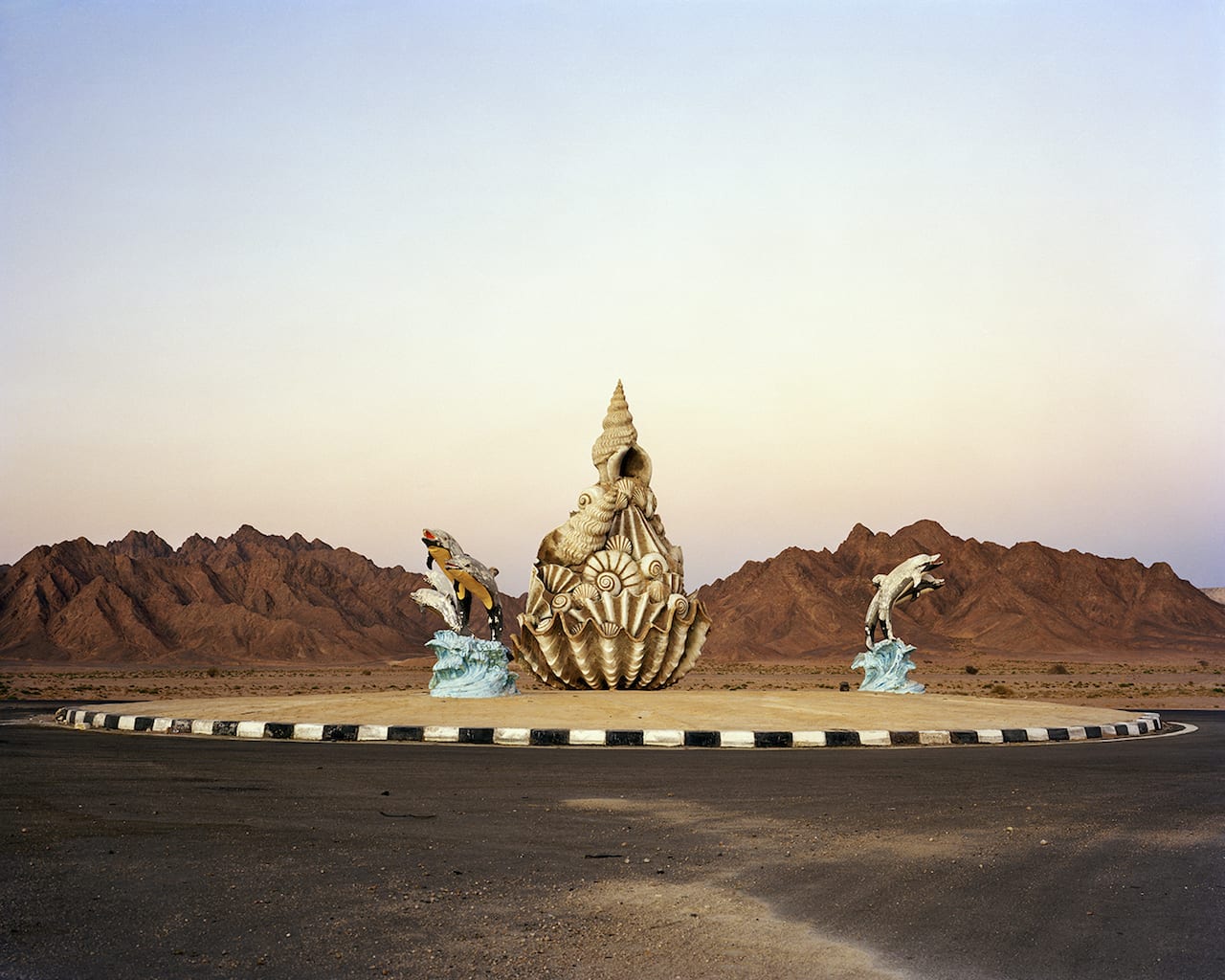
In 2011, Chatelin, a successful photojournalist and author of the photobook Israel Borderline (2008), was sent to Libya to cover the uprising at the beginning of the war. After a few months he became frustrated with the work he was producing and decided to head in a different direction. Switching to a large format camera, he travelled to the Egyptian desert and began looking at the impact of shifting economies on the landscape and territories surrounding the nucleus of action. This work has also seen explorations to Detroit, western China and Siberia, which, like Egypt and Libya, are places with diverse histories and contrasting geographies but which are fixed in outside perceptions with a single vision.
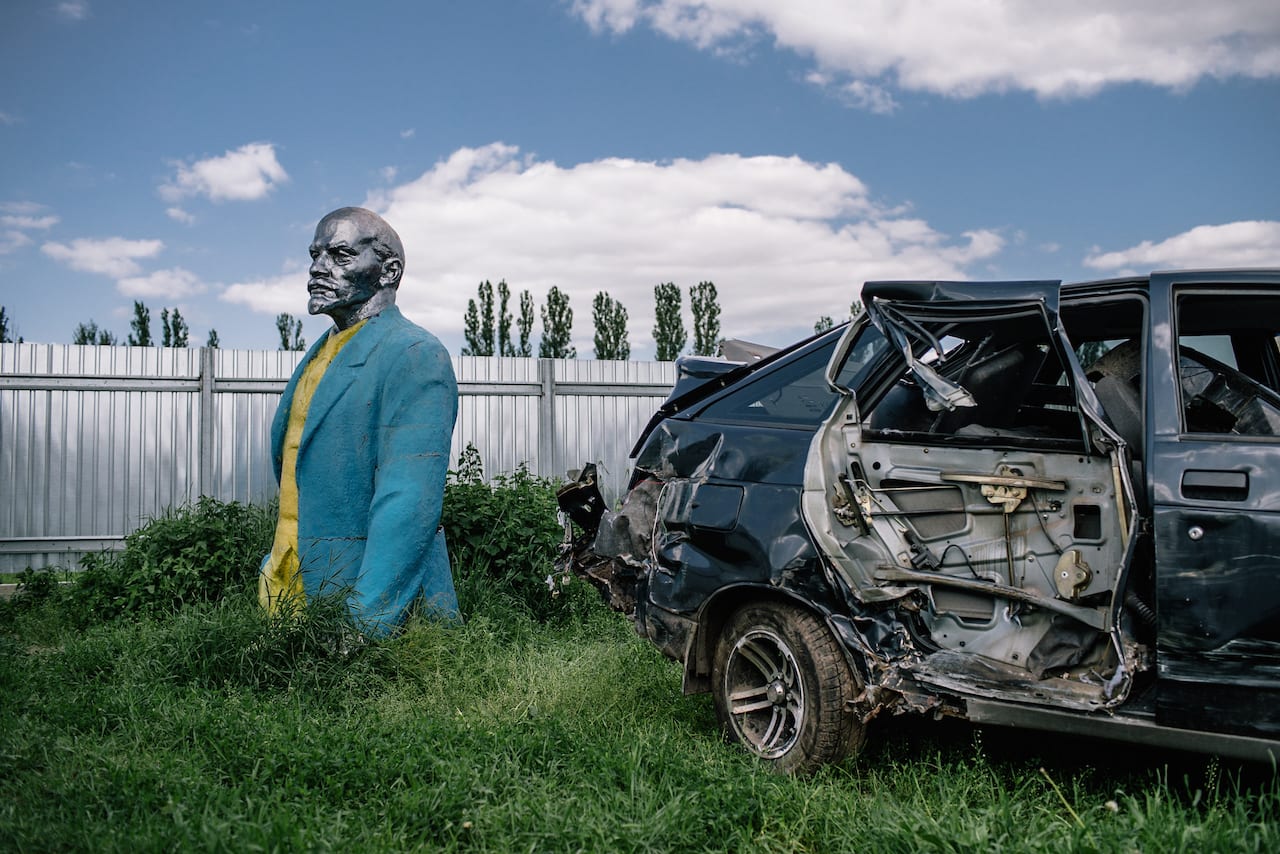
Global business developer for Magnum Photos and founder of Firecracker, Fiona Rogers picks out her top five from the Arles festival and its fringe events – the group show Iran, Year 38; Looking for Lenin by Niels Ackermann; The Incurable Egoist by Masahisa Fukase; Life in Cities by Michael Wolf; and The Island of the Colorblind by Sanne De Wilde
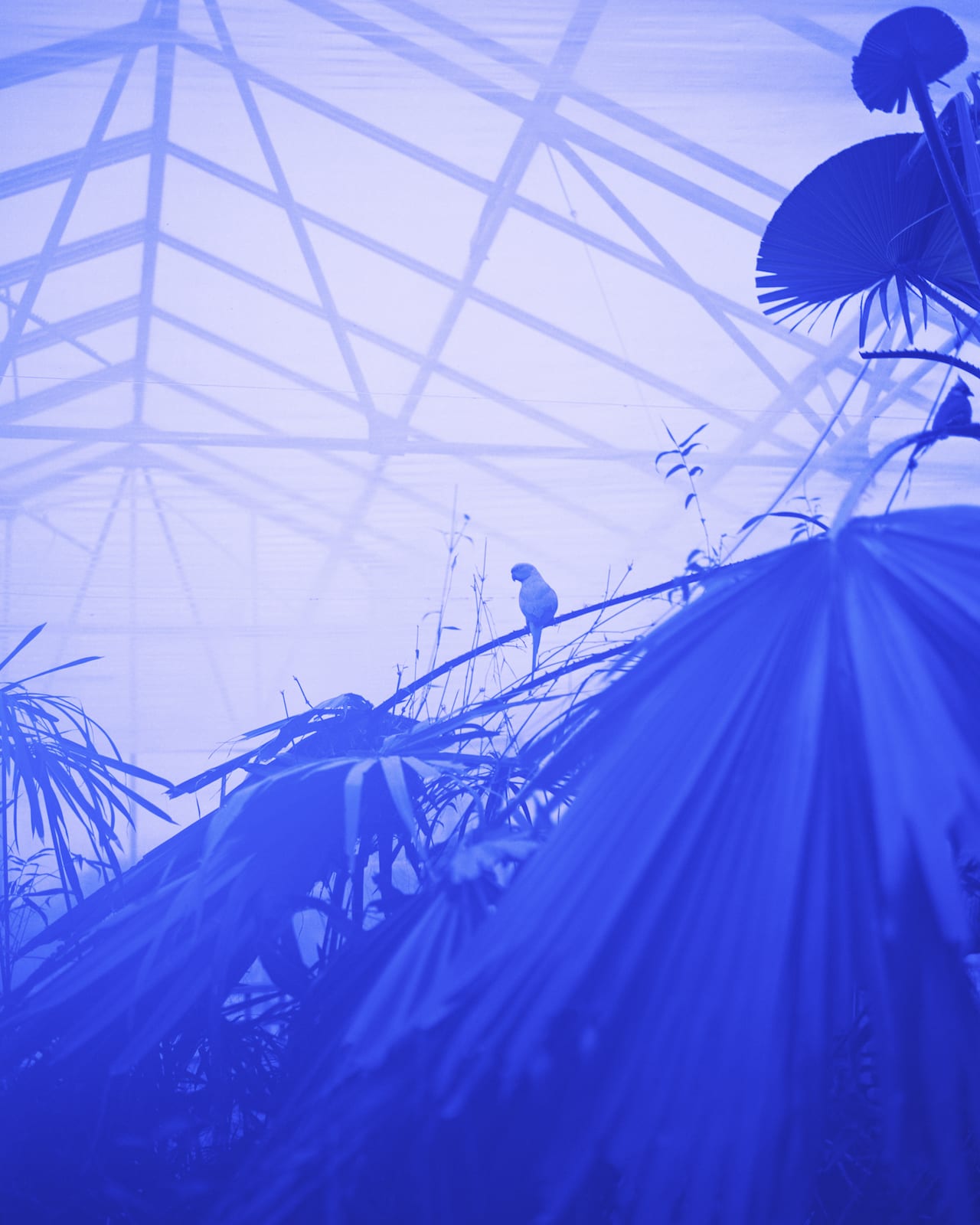
The classic British butterfly house acts as the backdrop to Alexander Mourant’s Aurelian, an evocative study of the passing of time and the slippery nature of memory. “These hot, artificial environments are used through the work to probe the nature of experience, such as an assembly point, or an artist’s studio, as an envisioned idea where time is not absolute but continuously contained and all-encompassing,” says the 23-year-old, who recently graduated from Falmouth University.
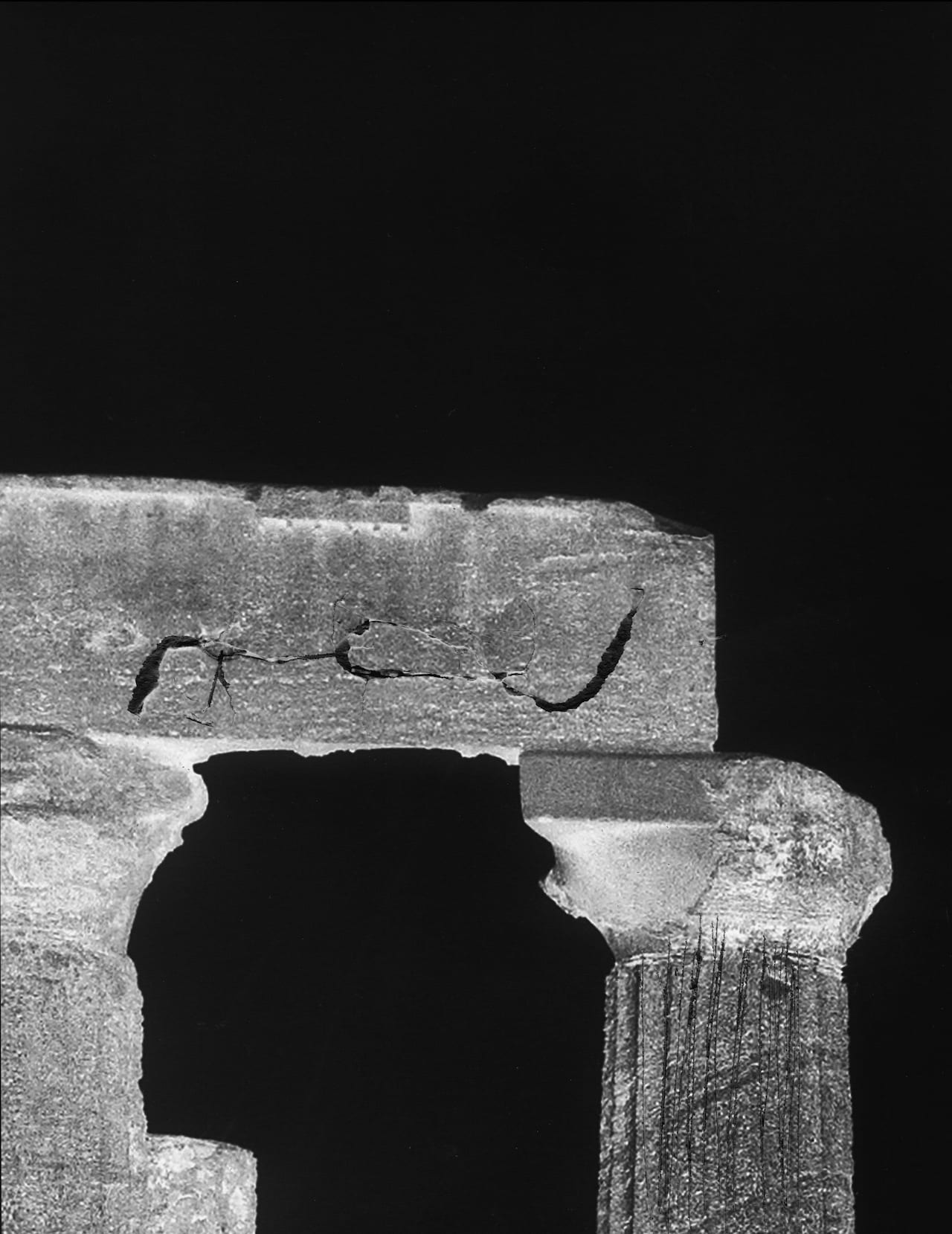
The director of Seen Fifteen Gallery on her five favourite at Arles this year – from the official programme, the Luma Rencontres Dummy Book Award, and the LUMA Foundation Parc des Ateliers

For his latest project, Andreas Mühe has opened a dialogue between the centuries. For alongside the photographs of austere politicians and dramatic cliffs in Pathos as Distance, he has interwoven excerpts from a novel, 1913 – The Year before the Storm by Florian Illies. In doing so, he hopes to give readers a sense of perspective about our own, increasingly fractious era. “1913 reminded me a little bit of our here and now,” says Mühe. “This unburdened and rather easy-going lifestyle right before World War One breaks out – [the start of the war] completely surprising, but very predictable at the same time.
